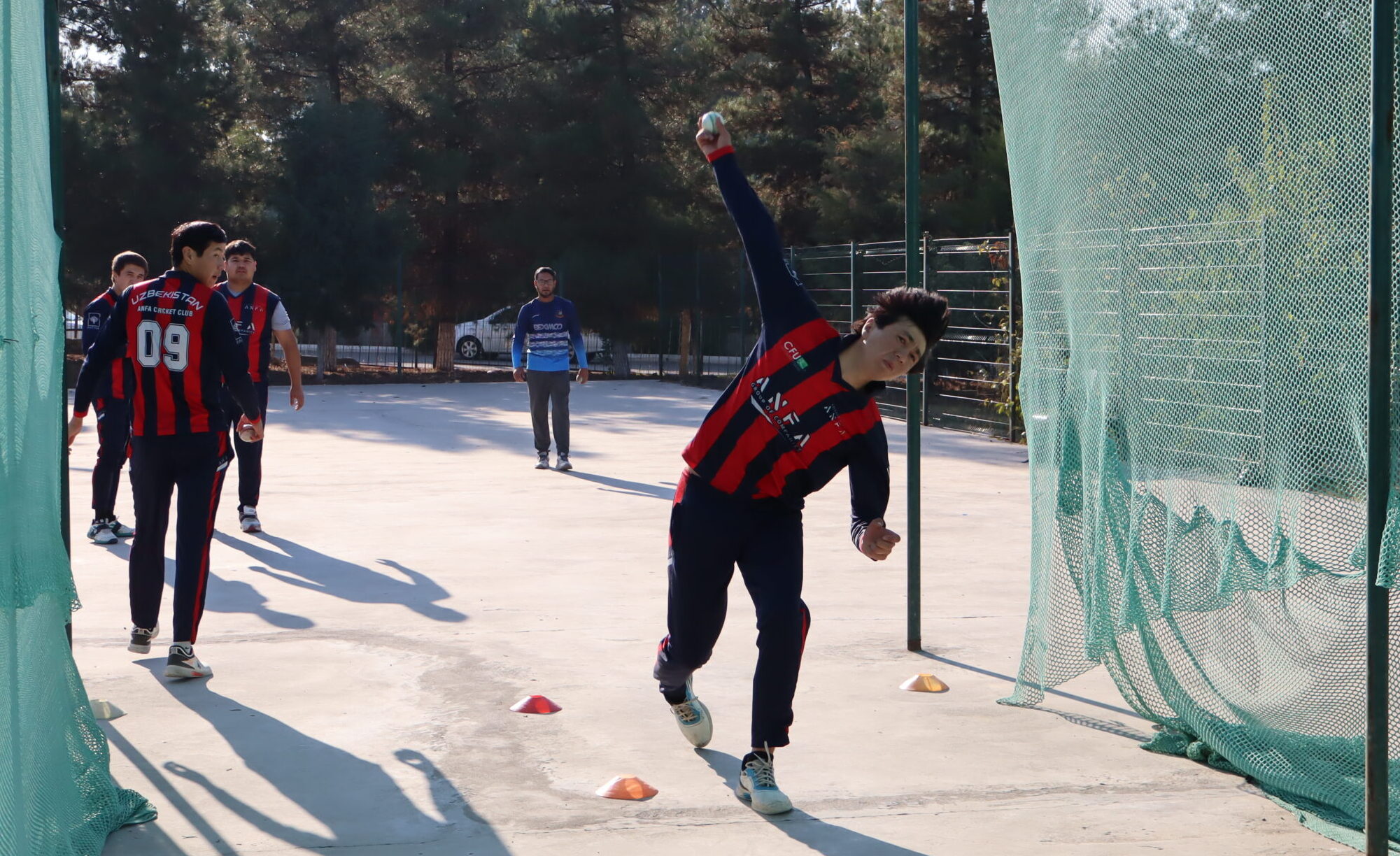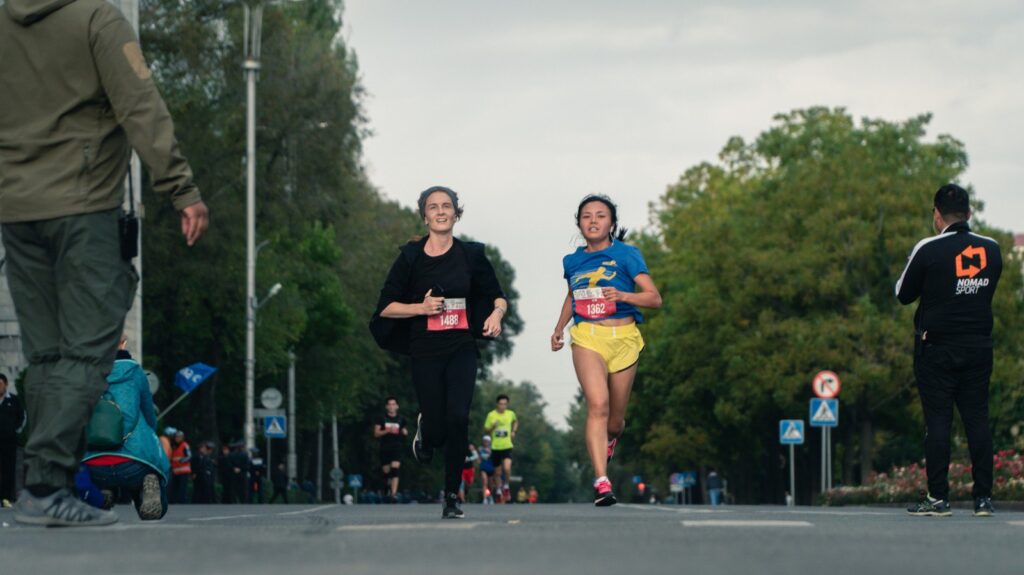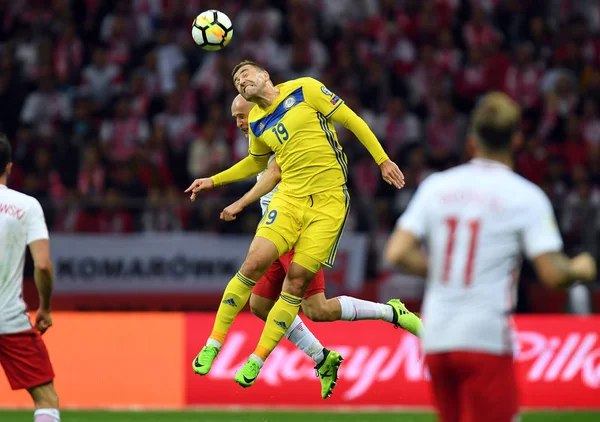Supporters of Uzbek sport have had a lot to celebrate this year. The national football team currently sits at the top of its qualifying group for the 2026 FIFA World Cup, while eight of the country’s athletes took gold at this summer’s Paris Olympics.
But next year Uzbekistan wants to enter the world stage in a more surprising sport: cricket.
The Central Asian country joined the game’s governing body, the International Cricket Council (ICC), in 2022. As an “Associate” ICC member there are hopes that the Uzbek squad will play its first international matches in 2025, in the Twenty20 (T20) version of the game. T20 games are much shorter than traditional five-day Test matches.
The nation’s rapid progress is due to Aziz Mihliev, the owner of Tashkent pharmaceutical company Anfa. Mihliev fell in love with the game while living in India, where cricket is the national sport. As the founder and chairman of the O’zbekiston Kriket Federatsiyasi (Uzbekistan Cricket Federation), Mihliev has created the Anfa Cricket Academy in the capital’s Yunusobod district, where three practice pitches cover a school playground.
The federation invites students at Tashkent’s sports colleges to the academy to try their hand at cricket. Many of the players picked to wear the red and dark blue striped jerseys of the new Anfa Cricket Club are also talented tennis players.
Mihliev has also built a cricket ground outside the capital, towards the town of Chirchiq, where a game between Salar Stars and Ferghana Rangers will be played this Sunday. There are plans to turn an abandoned Soviet-era stadium outside Samarkand into Uzbek cricket’s second home.
Travelling to represent Uzbekistan at global ICC conferences, Mihliev speaks with the ambition of a man who now rubs shoulders with the most influential people in the sport. From one such trip he writes: “My ambition is to see an Uzbekistan national team play a Test match against the England team. And win, of course!”
Over 4,000 Uzbeks now play the game regularly at schools and universities, from Tashkent in the north of the country to the southern Surkhandaryo region.
Surkhandaryo borders Afghanistan, a passionate cricketing nation that reached the semi-finals of this year’s men’s T20 World Cup. And it was to Afghanistan that Mihliev turned when recruiting a former international player to train his national team. Khaliq Dad Noori played a few games for Afghanistan at the beginning of the 2010s, when his own country was at the start of its journey to the top of world cricket.
Noori coaches his players in the Pashto language, which his Uzbek students can understand. But cricket in Uzbekistan still has a local flavour. Hitting techniques come straight from games of chilla, an old pastime played with sticks. Bats are known as tuqmoq – the name of a wooden club that Uzbek warriors used to brandish.
Although some of Uzbekistan’s best cricketers have only been playing for a year or two, judging by the talent on show during a practice session they would beat most amateur teams in big cricketing countries. Mihliev is taking his Anfa Cricket Club on a tour to the Indian city of Kanpur next month, to give the players exposure to different conditions, and a higher standard of competition.
Speaking after the session, Noori is sure that his players have big futures ahead of them – even if some of them are struggling to persuade their families that playing a complicated foreign sport is a worthwhile decision. “In the next 10 years Uzbekistan will be a real cricket country,” he says. “We want to become a full member of the ICC – and for 80% of people in Uzbekistan to understand and love cricket.”
“In terms of [senior] international matches, we first want to play against countries in our region who are also new ICC members: Mongolia, Tajikistan and Iran. We are working to set up junior [national] teams at the under-14, under-17 and under-19 level.”
Whether or not the England team ever walks out for a Test match in Samarkand, simply playing games against Mongolia would be very significant for a country that wants to be seen on the world stage.
On the concrete pitch in Yunusobod, one of the young players, Kamron, says: “I am proud to be in the national team of Uzbekistan. It takes a lot of responsibility. In the future we will win international competitions with our team, and defend the honour of our country.” His teammate Gholib adds: “Our first president Islam Karimov once said that nothing could make the country known to the world faster than sport.”
Another player, Asadbek, backs them up. “Cricket is a lovely game,” he says. “We want to connect with the world, and pass on a message of peace, which the world needs the most right now. I want to see Uzbekistan play the best teams in the world.”
***
Jonathan Campion is The Times of Central Asia’s senior editor, and the author of Getting Out: The Ukrainian Cricket Team’s Last Stand on the Front Lines of War.









